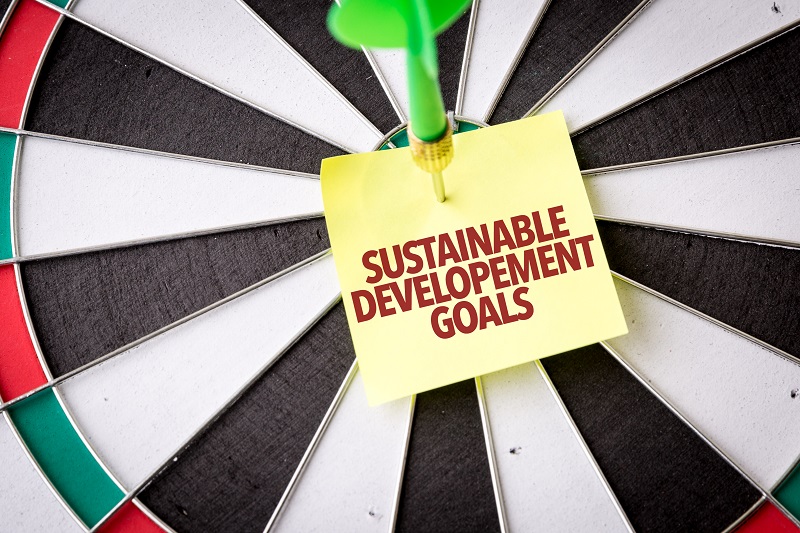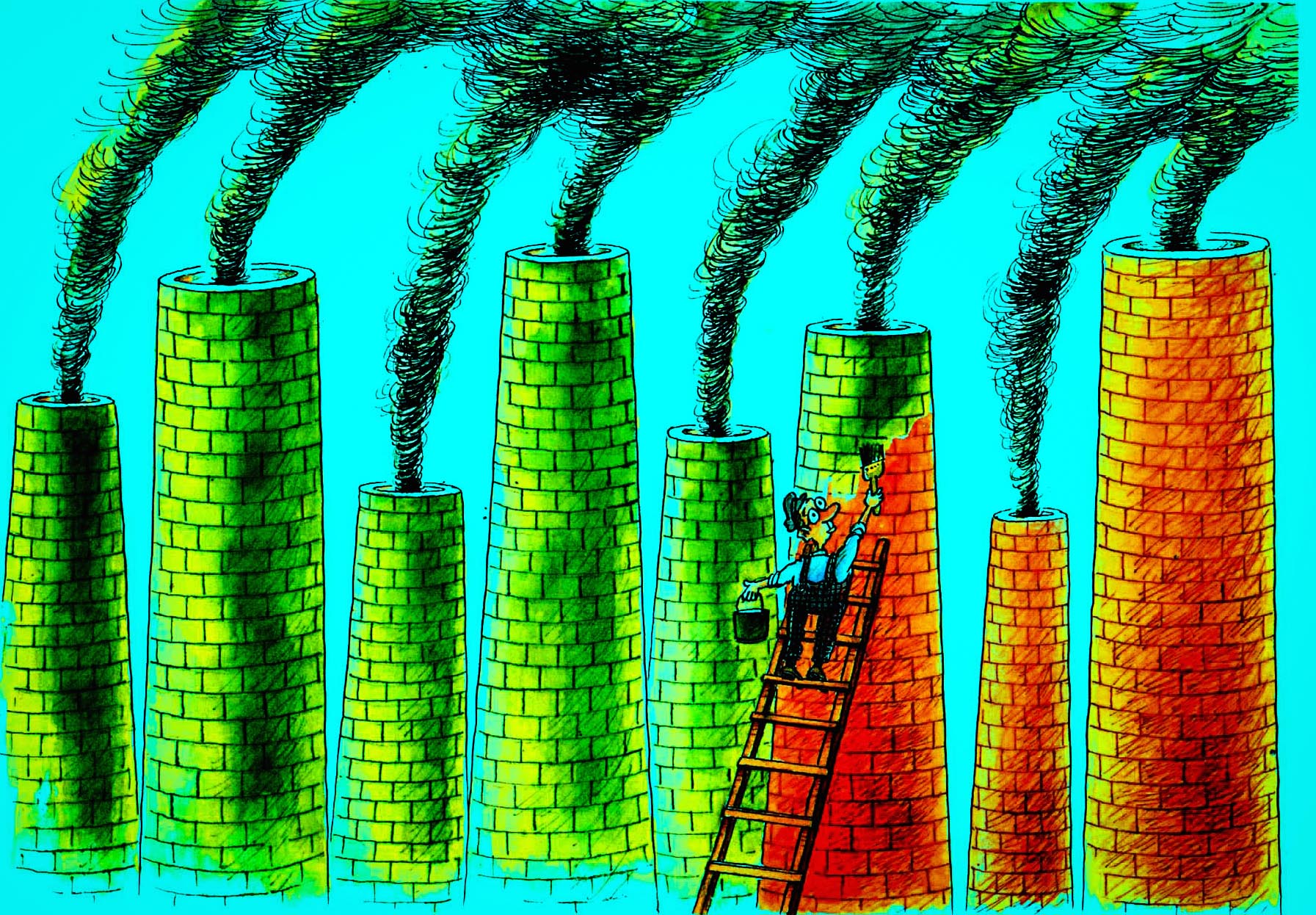Companies have become more accessible than ever before. Businesses can speak directly to consumers through social media, not only to elevate their brands beyond the bounds of traditional advertising but to share their social responsibility and sustainability achievements.
There is no better time to invest in sustainability and become part of an elite group of professionals implementing sustainability goals and entering the new age of green corporations. CSE has more than 10 years of executive sustainability education in the United States and with its Certified Sustainability Practitioner Program is coming back to Houston. The Advance Sustainability Practitioner Program focuses on SDGs, Supply Chain Management and provides sector based case studies and research on crucial sustainability issues.
These conditions of open communication between consumers and corporations, allow people to demand more action and accountability with the tap of a finger. From sustainability to the Internet to immigration, companies are adding to their platform to engage the public debate.
This is not just words and empty promises. Corporations are following through with action. Such as Starbucks being the latest corporation to announce its phasing out plastic straws by 2020. Google and Apple recently announced their businesses are powered by 100 percent renewable energy. These commitments are catching: 85 percent of the nation’s largest public companies reported on climate change, diversity and other sustainability issues in 2017.
On the plus side, social activism doesn’t have to come at the expense of corporations. In a new research from the Shelton Group: 86 percent of consumers said they believe companies should take a stand for environmental and social issues. And 64 percent of those said it’s “extremely important” for a company to take a stand on an issue and that they were “very likely” to purchase a product based on that commitment.
Join the CSE Certified Sustainability (CSR) Practitioner Program in Houston, Sept. 27-28, 2018 and learn all about the new hottest trends in sustainability such as UN SDG’s, the new GRI Standards and reporting.








